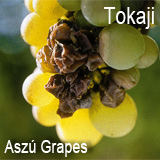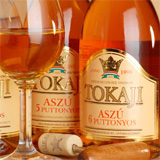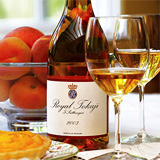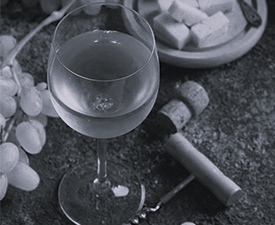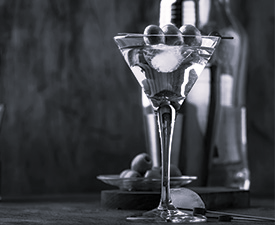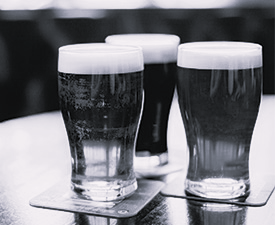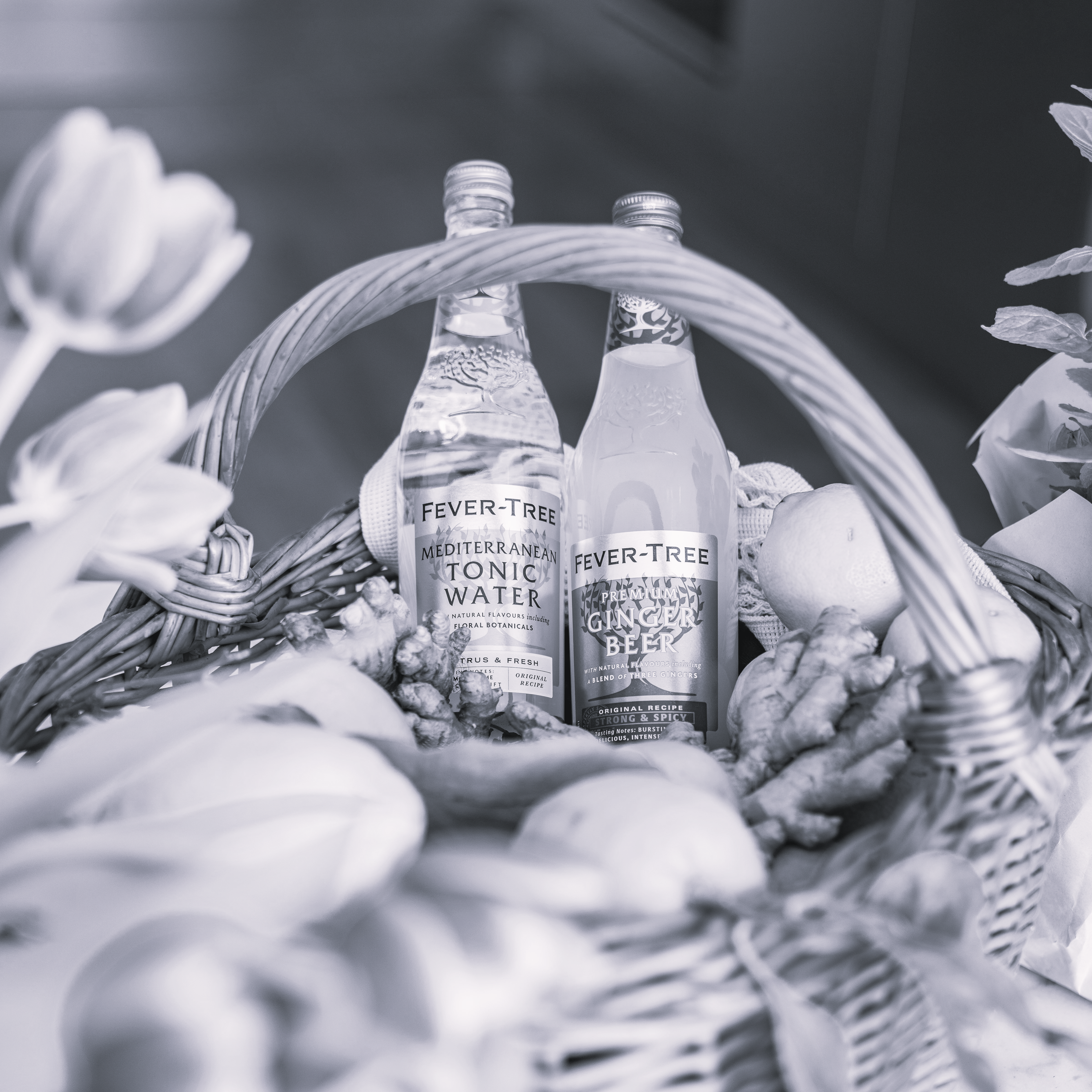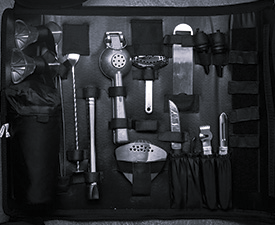Tokaji (Hungarian: Tokaj) is the name of the wines from the region of Tokaj-Hegyalja in Hungary. The name Tokaji (Protected Designation of Origin) is used for labeling wines from this wine district. This region is noted for its sweet wines made from grapes affected by noble rot, a style of wine which has a long history.
Only six grape varieties are officially approved for Tokaji wine: Furmint, Harslevelu, Yellow Muscat, Zeta, Koverszolo and Kabar. Furmint accounts for 60% and is by far the most important grape in the production of Aszu wines. Nevertheless, an impressive range of different types and styles of wines are produced, ranging from dry whites to the Eszencia, the world's sweetest wine.
The Tokaji wine area is a small plateau, 457m above sea level, near the Carpathian Mountains. The soil is of volcanic origin, the region has a unique climate, beneficial to this particular viniculture. The grapes are left on the vine long enough to develop 'noble rot' (Botrytis cinerea). Grapes are hand harvested, sometimes as late as December (the case of true Eszencia, occasionally into Jan).
Eszencia: described as one of the most exclusive wines in the world, although technically it can't be called a wine because its enormous concentration of sugar means its alcohol never rises above 5-6 degrees. The sugar concentration of Eszencia is typically 500g - 700g/L; the 2000 vintage produced Eszencia exceeding 900g/L, and unlike virtually all other wines, it maintains its quality and drinkability for 200+ years.
Tokaji wine became the world's first appellation control, established decades before Port wine, and over 120 years before the classification of Bordeaux. It began in 1730 with vineyards being classified into 3 categories; a royal decree in 1757 established a closed production district in Tokaj. The classification system was completed by national censuses of 1765 & 1772. Ideal with foie gras, aged Gouda and fruit based desserts. "A wine that would make angels sing out loud in praise" - Hugh Johnson.
